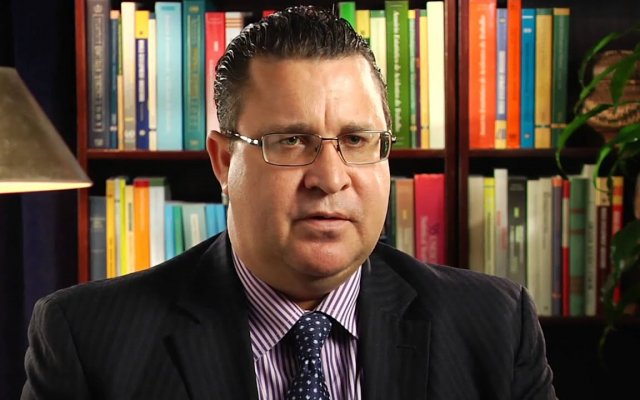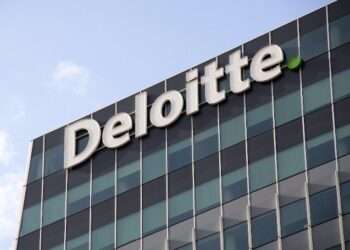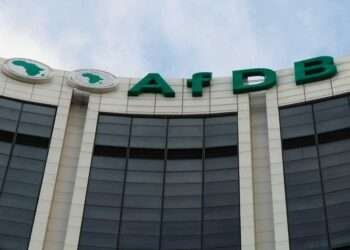The Country Director of the World Bank, Mr. Pierre Frank Laporte has affirmed that the World Bank would be extending a second package to the government in support of Ghana’s response to the Covid-19 pandemic.
He explained that this brings the country’s total package to a tune of US$240 million dollars before the year ends and thereafter await approval of about US$ 20 million dollars in the next six months earmarked for the country’s access to vaccines.
Speaking in an interview, he pointed out that, it was necessary at this point to attend to the request of government regards accessing additional funds to aid in the country’s recovery, since the Covid-19 pandemic has become an emergency situation, not for Ghana alone but for countries all over the globe.

Additionally, he said that, this support from the World Bank is in the form of a long-term credit facility advancement to the government. Therefore, it is the Bank’s duty to ensure that these funds are used for their intended purposes and that, on behalf of the Bank’s shareholders whom these funds belong to, they are also protected.
“…there is a project implementation unit that is set up by the World Bank and the government and all the staff, and all the procedure manuals are approved by the bank. Each and every procurement that takes place whether it is done with sourcing or whether it is put through tendering has eventually to be approved by the government.”
“For COVID, because it is an emergency, the bank does allow certain relaxation of procurement processes but eventually each and every contract that is awarded are audited, are verified and if ever down the line, the bank discovers that certain procedures were not followed in one contract, government is asked to refund this money, it’s a normal practice.”
Meanwhile, this credit line to be advanced to the government comes at a time where Ghana’s debt to GDP ratio is rising to near-risk levels.
According to the World Bank director, considering various stress tests analysis of the country’s debt position, Ghana is not likely to flip into a high risk of debt distress looking at the country’s current debt situation, although caution must be taken.
He said that: “On the one hand, again if you look at the structure of your debt, a large proportion of Ghana’s debt is to multilaterals like World Bank, IMF, the bilaterals- EU, etc. and these are generally long term debts. Long term debts are cheap, you pay over a long time, interests are very low, so the risk is minimized.”
Another thing to consider is the share of Ghana’s debt through the financial market. Evidently, the financial market varies overtime depending on a wide range of factors both endogenous and exogenous. It is instructive to note that, the financial market remained quite liquid for a while until the pandemic emerged, thereby disrupting the financial market.
Hitherto, investors’ perception of Ghana had been positive and once that is the case, investors are willing to buy debt instruments or roll over existing debts. Taking these into consideration, he expressed believe in Ghana’s situation improving, once everything returns to normal.
This notwithstanding, it is critical for Ghana to ensure macroeconomic stability, he said. Ghana must therefore maintain a strong macroeconomic situation in order to keep Ghana’s debt low and which also has the tendency of providing a better outlook of the country to investors.
These indicators include; low inflation levels, bringing deficits under control, low unemployment levels and strong domestic revenue mobilization. To such an extent were Ghana can maintain these good indicators, we can see Ghana performing well post Covid-19.







